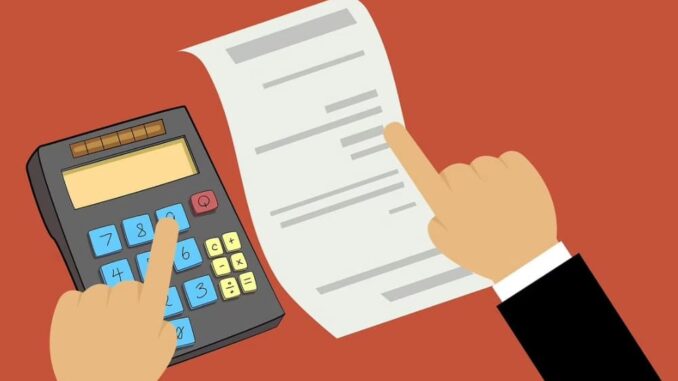
A few weeks ago we asked ourselves whether the online gaming tax in the Federal Council can still be stopped. But in the meantime the Finance Committee of the Federal Council has passed the new online gambling tax. That brought two other associations onto the scene, who are of the opinion that the new employment tax is endangering the channeling into the legal gaming market. Macabre: Exactly this project is formulated as the main objective in the new State Treaty on Gaming (GlüStV).
Online gambling tax, yes – but different
The German Association for Telecommunications and Media (DVTM) announced around two weeks ago that the newly adopted tax was viewed critically. Accordingly, the gaming providers have to pay 5.3% of the stakes made to the German tax authorities. The tax model is controversial, however: After all, this type of tax forces players to pay a not inconsiderable amount on the stake alone, which is then paid as tax. A look at the European gaming market shows that it is much more common to tax gross gaming revenues instead of the stake.
Accordingly, the concern is that many gambling fans are turning their backs on licensed online gaming libraries and are instead playing in online casinos without a license. No horrendous tax rates have to be paid here, so that users ultimately benefit from higher payout values. We only reported at the beginning of June that the Malta Gaming Authority (MGA) had also lowered the minimum payout ratio for casino games.
The chairman of the board of the DVTM, Renatus Zilles, was basically positive about the plan to introduce a new gaming law. However, he criticizes the fact that politicians have largely ignored the concerns of experts and that the controversial employment tax of 5.3% was still passed.
Previously, we reported on a study by the Ruhr University Bochum (RUB) in January and on a study by the Heinrich Heine University in Düsseldorf in February. Both studies come to the same conclusion: the new online gaming tax will seriously endanger the channeling into the legal market. There is a threat of migration to the black market.
There is a risk of mass migration to the black market
According to DVTM, Germany is planning to channel 88%. This means that 88 out of 100 online players play with a legal and licensed gambling provider in this country. Of course, this ambitious goal can only be achieved if the gaming experience is attractive enough for the users. The most decisive factor here is of course the highest possible payout ratio. With a stake tax of this amount, however, the gambling providers are forced to correct the payout values of the casino games downwards in such a way that the players no longer have fun playing.
For this reason, it is no surprise that an EU complaint against the planned online tax was filed a few weeks ago.
German sports betting association calls project “tax insanity”

Further criticism in this context comes from the German Sports Betting Association (DSWV). In an official letter, the DSWV describes the current project as “tax insanity” and “dangerous special route”. The association explicitly points out that the employment tax of 5.3% jeopardizes the entire success of gaming regulation in Germany. Instead, the DSWV advocates appropriate taxation of online gambling, which does not lead to massive migration to the black market. The DSWV President explains in a statement, among other things: “There is a reason that all other EU countries have charged these games with an income tax and not with a gaming stake tax”. Because every single spin is taxed again – again and again.
The German Sports Betting Association (DSWV) is an association of leading sports betting providers from Germany and Europe. The DSWV advocates “competitive regulation of sports betting in Germany”. The association understands this to mean legally secure and clear rules for both providers and consumers.
The members of the DSWV:
- bet-at-home
- Betano
- Betway
- bwin
- bet365
- Interwetten
- Tipico
- XTiP
- Tipwin.
Conclusion
It took many years for the federal states to agree on a uniform State Treaty on Gambling (GlüStV). With the decision to tax the use of virtual slot machines and online poker, gambling regulation could be destroyed again at the last few meters. When it comes to online gambling, the DSWV describes Germany as “tax policy wrong-way driver in Europe”. One can only hope that the increasing criticism of the various associations as well as the ongoing EU complaint will lead the responsible politicians to reassess the situation.


Be the first to comment